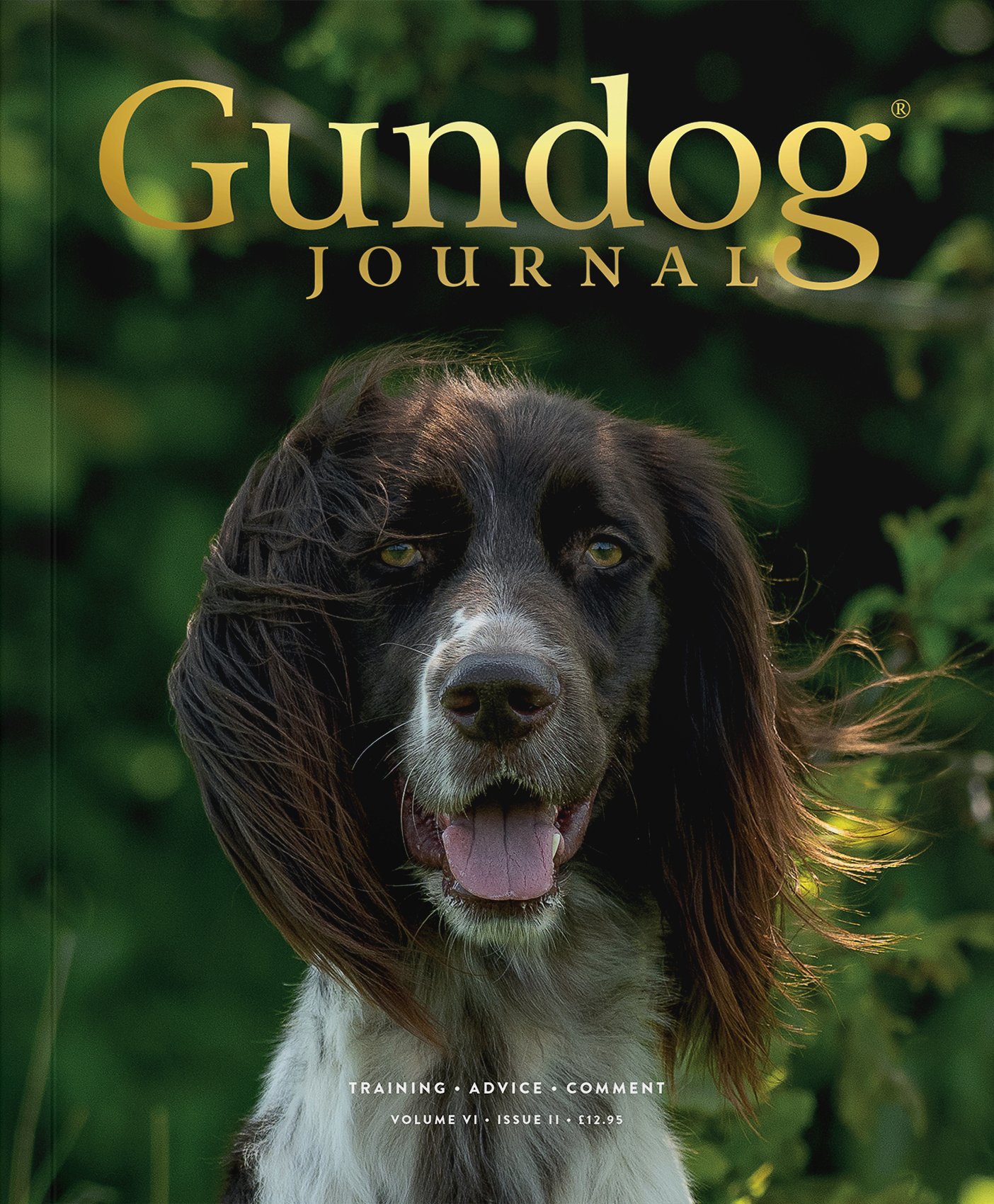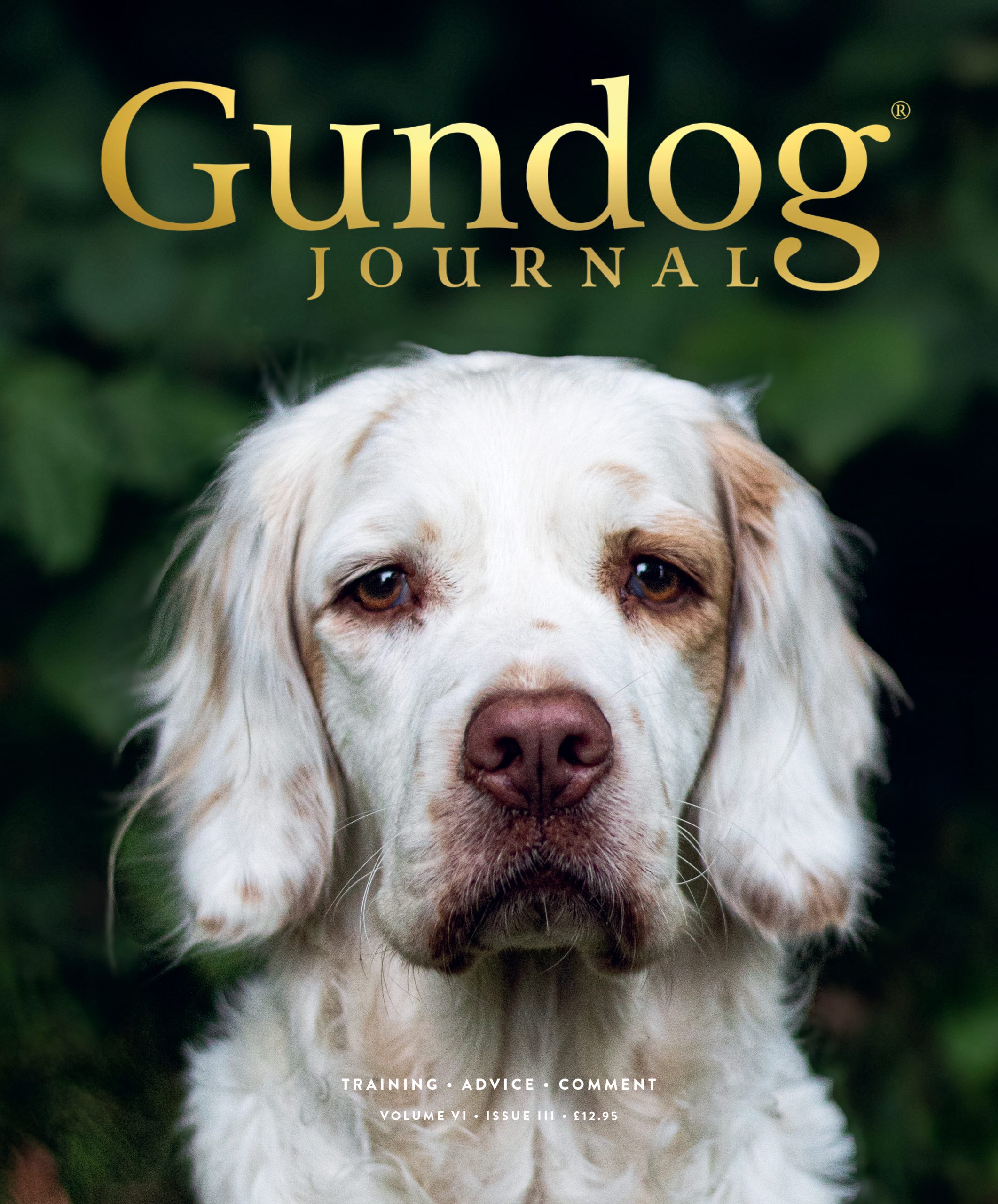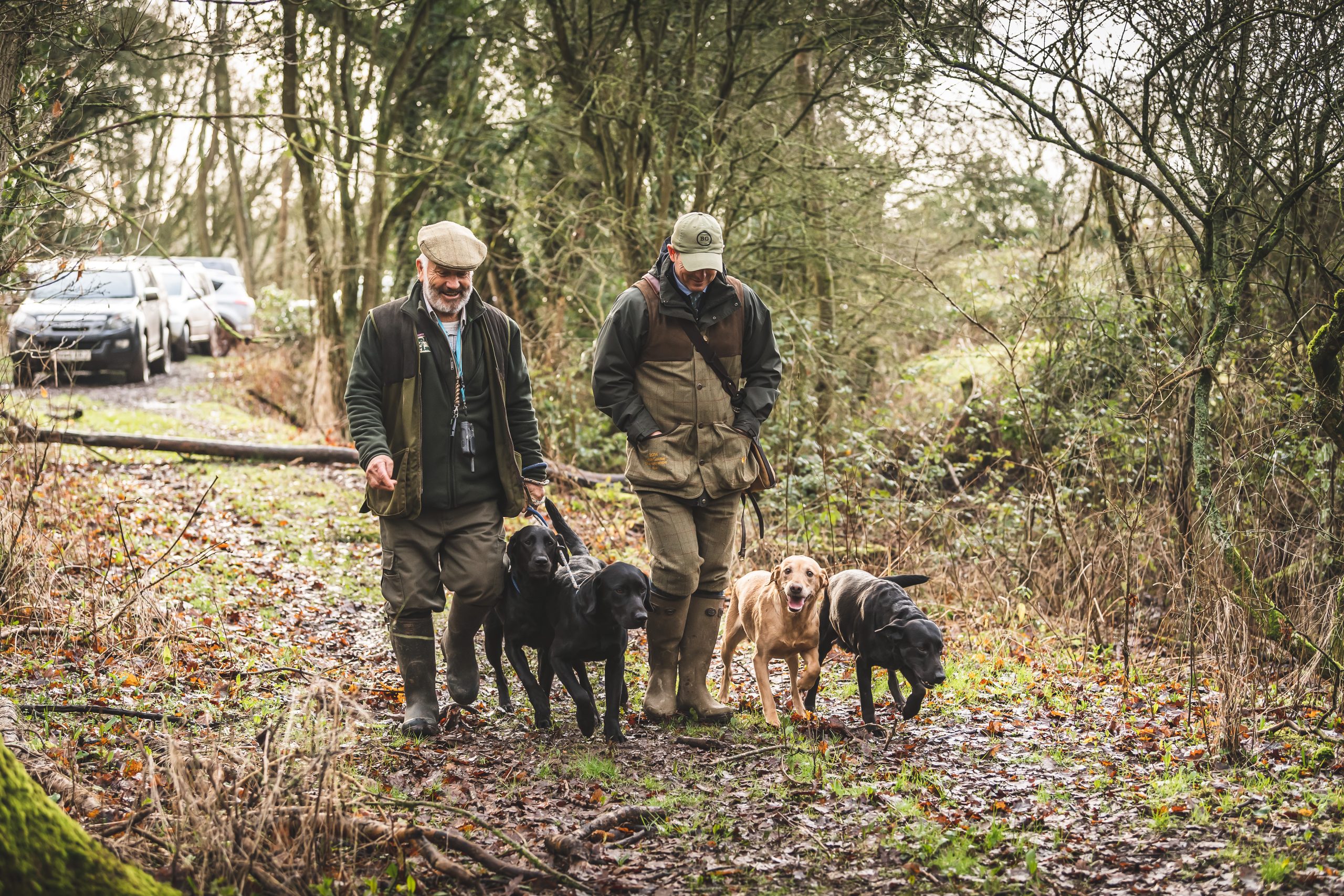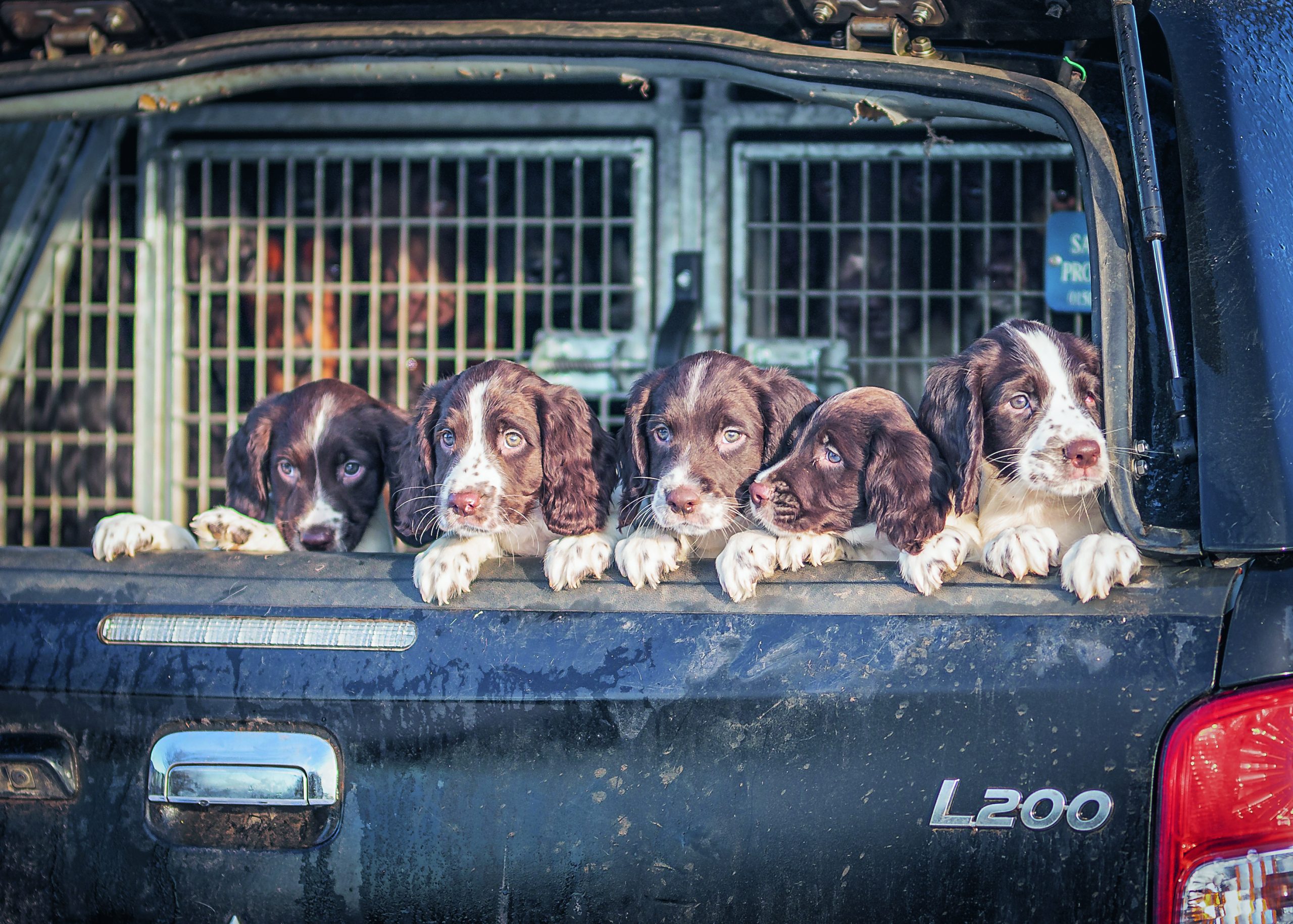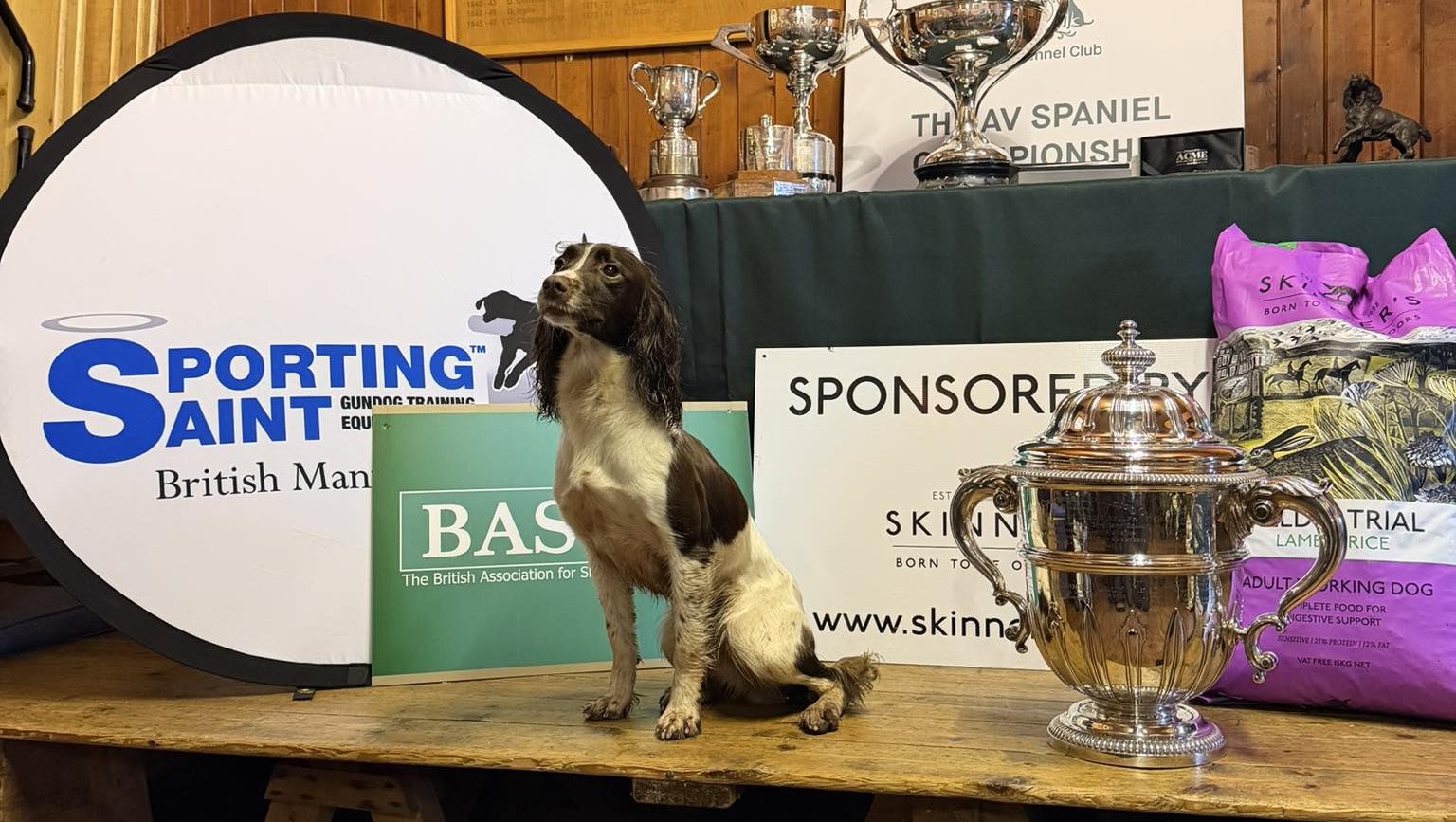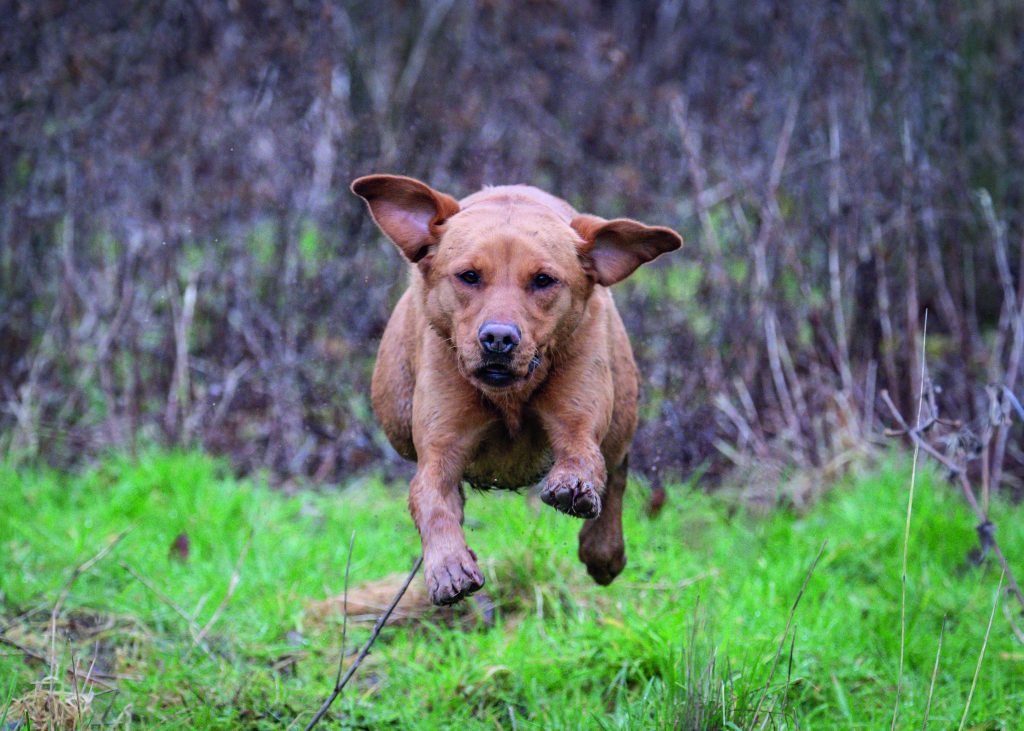Accidents Happen…

Puppies are naturally mischievous which can land them in all sorts of bother. Veterinarian Louisa Lane explains how to keep your new puppy healthy and out of trouble.
Welcoming a new puppy into your home is a wonderfully exciting experience, but it comes with the responsibility of ensuring their health, safety and well-being. As a small-animal veterinarian, I see thousands of new puppies each year and often encounter common illnesses and injuries that are not only challenging to treat, but preventable with proper care and due diligence. In this article, we will explore some of the common accidents, injuries and illnesses faced by puppies and some insights on how to prevent them.
‘FOREIGN BODY’ INGESTIONS AND INTOXICATIONS
Puppies are naturally curious and inquisitive and will, just like babies, put anything in their mouth to experience new textures, tastes and smells whilst they’re learning. It’s actually normal for them to want to do this and chewing (whilst frustrating!) is a natural behaviour. Added to that, when they’re teething, their motivation for chewing grows to help relieve their mouth pain. Puppies will also eat things they shouldn’t out of boredom and to them anything and everything is fair game to chew or eat. So, what does this mean? Their environment is ultimately a playground full of potentially hazardous snacks!
Socks, hair bobbles, pacifiers, stones, tinsel, toys, plastic bottle lids, bones, tennis balls, board game pieces, ribbon and the tv remote control. All of these are common examples of objects (aka foreign bodies) that cannot be digested and, if swallowed, can get stuck inside our puppies’ intestines, making them extremely sick, often requiring emergency surgery to remove. My most recent foreign body retrieval was a cockapoo who had swallowed an entire dressing gown belt!
Now, of course not everything swallowed requires a surgery to remove, but there are plenty of items that if swallowed are just as (if not more) dangerous. I’m talking common household items or foods such as chocolate (especially dark), prescription medications (e.g. ibuprofen or vitamin D), raisins, xylitol (a sugar substitute commonly found in ‘low sugar’ products), household cleaners or even rat poison. All of these if swallowed can cause significant illness if they aren’t treated immediately.
What we must remember is that puppies do not know what is safe or dangerous to chew and ingest – it is our responsibility to supervise our puppies, guide them and train them. If we do not supervise our puppies and direct them appropriately onto things they are allowed to chew or eat, their curiosity will get the better of them and they will just chew and eat anything they can get their mouths onto. We must be on constant hazard perception inside and outside of the house, and puppy proof our homes until we feel confident they are to be trusted alone.
I don’t recommend leaving puppies for prolonged periods of time unsupervised as they will become anxious, bored, and irritable and this is likely to lead to destructive behaviour and chewing. Lock up any medications and consider crate training your puppies or having a safe pen, so if you do leave them, for example overnight, they are in a safe place with no access to harmful objects. Teaching a solid recall is also really useful because if you do see a potential hazard and your dog approaching (e.g. the chicken carcass in the binbag you’ve left at the front door) you can quickly recall your puppy back before they ingest it!
Utilise lots of interactive and engaging toys or games to help to stimulate their developing brains without the need for physical exercise. Hiding food in a rolled-up towel is an easy game to play with your puppies as well as other ‘sniffing’ games such as hide (some treats) and seek. It’s important to harness their natural desire to chew by offering them something that they’re allowed to get their teeth into. There is a balance, however, between something that is long lasting enough (at least 30 minutes if this chew is food) and safe on their teeth.
GASTROINTESTINAL UPSETS FOOD, PARASITES, AND VIRUSES
As well as dietary indiscretion (basically eating things they shouldn’t) due to our puppies’ indiscriminate tastebuds, puppies commonly suffer upset stomachs from dietary insensitivities or parasitic infections.
When it comes to dietary insensitivities or intolerances, often a diet change over a week or so can manage this, perhaps with the addition of a probiotic under veterinary supervision.
When it comes to parasites, did you know that puppies can be born carrying parasites within their intestines? Roundworms for example can be passed from mother to puppy in the mother’s milk. If the infestation is severe, we see puppies who aren’t thriving, with diarrhoea and a pot-bellied appearance passing long white worms that look like spaghetti. This is easily prevented with regular veterinary-prescribed worming treatment in the pregnant mother as well as routine worming treatment in the puppy.
Another parasite to be aware of is giardia. This microscopic parasite (you cannot see it with the naked eye) is contagious to other dogs and commonly causes diarrhoea, vomiting and weight loss in puppies (referred to as giardiasis). If it isn’t treated, it can in some cases be fatal. Giardia is often contracted through contaminated water sources or contact with infected faeces from infected dogs. Infected dogs can actually be ‘healthy’ dogs that shed the giardia parasite in their faeces without showing clinical signs. As puppies’ immune systems are immature, they’re more susceptible to infection if exposed.
A more significant threat that can lead to severe gastrointestinal upset and death in puppies is caused by parvovirus. Canine parvovirus is a highly contagious viral infection spread through contact with infected faeces from an infected dog or a contaminated environment. This virus is extraordinarily hardy and can survive for months in the environment. It is resistant to common household cleaning products, making it extremely hard to be rid of.
Not only does this virus attack the gastrointestinal tract lining, leading to horrendous and sometimes very bloody diarrhoea, it destroys infection-fighting cells within the body, compromising a puppy’s already weakened immune system even further. These cases are always extremely tragic and upsetting because we know that vaccination is the most effective way to try and prevent this horrific and potentially fatal disease.
If caught early, these awful infectious causes of gastroenteritis can be treated, but we need to try and prevent them occurring in the first place.
So how can we prevent these illnesses? This actually starts with a breeder. If you chose to buy a puppy, find a reputable and responsible breeder who can document and prove the health of their dogs as this is likely to reflect in the health of the puppies. Continue with your puppy’s preventative healthcare with their vaccinations and appropriate parasite treatments. Vaccinations are safe, effective and prevent serious illness. Make sure faeces are regularly picked up (and not eaten!), avoid walking in areas with known contamination (e.g. an area where there may have been an outbreak) and maintain a hygienic clean-living environment at home.
If you do have any puppies displaying symptoms, then it may be worthwhile separating them from your other pets and having a veterinary assessment and/or stool analysis if the symptoms do not resolve.
Related Articles
Get the latest news delivered direct to your door
Subscribe to Gundog Journal
Unlock the full potential of your working dog with a subscription to Gundog Journal, the UK’s only dedicated magazine for gundog enthusiasts. Published bi-monthly, this authoritative resource delivers expert training advice, in-depth interviews with top trainers and veterinary guidance to help you nurture a stronger bond with your dog.
With stunning photography and thought-provoking content, Gundog Journal is your essential guide to understanding, training and celebrating your working dog.
Save 10% on shop price when you subscribe, with a choice of packages that work for you. Choose from Print & Digital or Digital only with each journal delivered directly to your door or via the app every other month, plus access to past issues with the digital back issue library.
